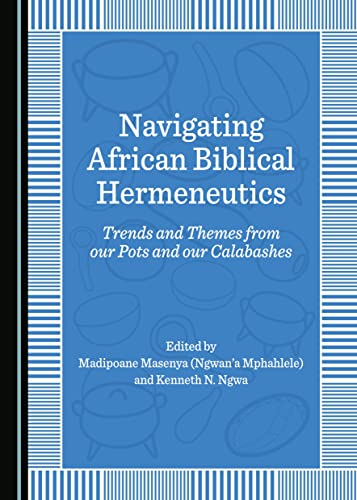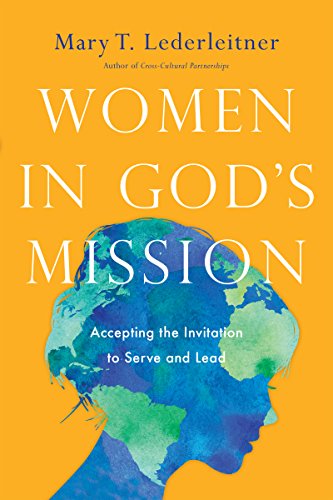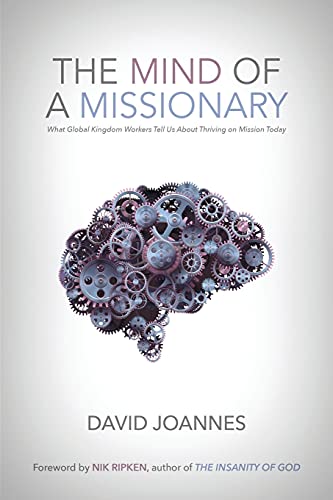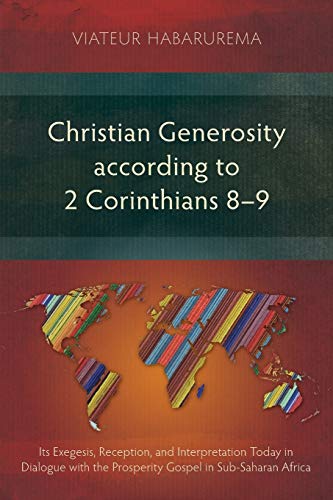Encountering World Religions: A Christian Introduction
Written by Irving Hexham Reviewed By Dallas B. PittsAuthor and professor Irving Hexham offers another excellent work on world religions for a decisively Christian audience. With many Christians today in the Western world living with a myriad of neighbors, friends, and co-workers from various religious traditions, Hexham presents this nuanced introduction to the larger world religions and traditions. However, this introduction is not merely a recounting of beliefs; Hexham also helps readers think critically from a thoughtful, Christian perspective about various world religions.
In chapter 1, Hexham gives his reason for writing the book. He says, “This book was written to introduce Christians to other religious traditions to help us relate our beliefs to people who embrace religions very different from our own” (p. 23). From this perspective, Encountering World Religions will help both formal students and lay students in their quest for understanding and cultural competence. One will not find an introduction to the Christian faith in this work. Rather, a Christian perspective is woven throughout the book as the critical lens through which each religious tradition is explored.
The book has fourteen main chapters and a short conclusion that urges readers to make disciples in keeping with the Great Commission. The book divides into three broad areas: primal African religions and Africa Christian heritage, yogic traditions, and the Abrahamic faiths. Readers have opportunity to reflect on each of these areas, including difference in their implicit worldviews. Again, Christian thought permeates each section. If one looks for a basic introduction to Christian doctrine, this book does not supply that need. However, for thoughtful students at home with the Bible’s teachings, this introduction helps readers understand how the Christian message differs from the other world religions.
The first part of the book highlights the experience of those who follow primal and African religions. According to Hexham, the reason Westerners know little about primal and African traditional religions is because they lack a basic written text that many other religions have. This is very different from most Western religions, which emphasize written texts as divine revelation or at least ancient wisdom. Hexham also helps Western Christians move beyond a traditional understanding of Reformation Christianity to consider the far-reaching impact of the Christian message on Africa. He connects Christianity’s influence on Africa as well as the syncretism that has crept in from African traditional beliefs.
In chapters 5–9, the book introduces the reader to the yogic traditions, i.e., Hinduism, Jainism, and Buddhism. The yogic tradition is thousands of years old. It incorporates the ideas shared in one form or another across the religions mentioned above. Samsara (or what most Westerners understand as reincarnation) is a fundamental belief. Someone who is on this wheel of existence seeks liberation, or moksha, through good karma. This basic perspective on the world is essential for those holding to these belief systems.
Chapters 10–14 cover the Abrahamic religions of Judaism and Islam. They primarily concern how Christians relate to these two religions. Hexham explains how a Christian understanding of God’s nature, as revealed in the Christian Scripture, contrasts similar concepts and persons found in Judaism and Islam. Hexham helps the reader understand Jews as a persecuted and displaced people, particularly in reference to the Holocaust. He also explores the rich heritage of the Jewish people and how it has shaped major expression of Judaism today.
Regarding Islam, Hexham aids readers unfamiliar with the holy days in Islam. Through the use of tables, he introduces and explains Islamic holidays, helping readers see how Muslims live their daily lives. He seems eager to build bridges of understanding between the Islamic and Christian worlds. This reviewer has concerns about book’s approach in this section. Hexham seems too willing to instruct his Christian readership to downplay terms like “Father” and “Son,” not wanting to avoid offending Muslims, when presenting a Christian understanding of God’s nature. His desire for cultural competence and open dialogue is laudable. At this point, however, Hexham’s approach is one one-sided. Christians should not avoid key terms when describing the nature of the God merely because they may offend others. A Trinitarian understanding of God is essential to Christianity and should not be deemphasized. Muslims need a basic understanding of differing religious beliefs.
In my estimation, Hexham volume is a solid explanation of Christianity in relation to the world’s religions. He gives keen insight into many areas that most Christians know little about, especially Christianity in Africa. Readers are helped by his willingness to interact with and explore religions that people find difficult to understand. Nevertheless, one should be cautious about his advice to give preference to other religions’ terms in place of a Christian’s own.
Dallas B. Pitts
Dallas B. Pitts
Bethlehem College & Seminary
Minneapolis, Minnesota, USA
Other Articles in this Issue
This article is a brief response to Bill Mounce’s recent Themelios essay in which he argues that functional equivalence translations such as the NIV are the most effective approach to Bible translation as they carry over the meaning of the original text...
In 1 Timothy 2:15, Paul asserts “the woman will be saved through the childbirth...
This article argues that Paul compares the day of the Lord to a thief in the night in 1 Thessalonians 5:2 because of the influence of Joel 2:9...
The Jerusalem Donation was the Apostle Paul’s largest charity drive...






